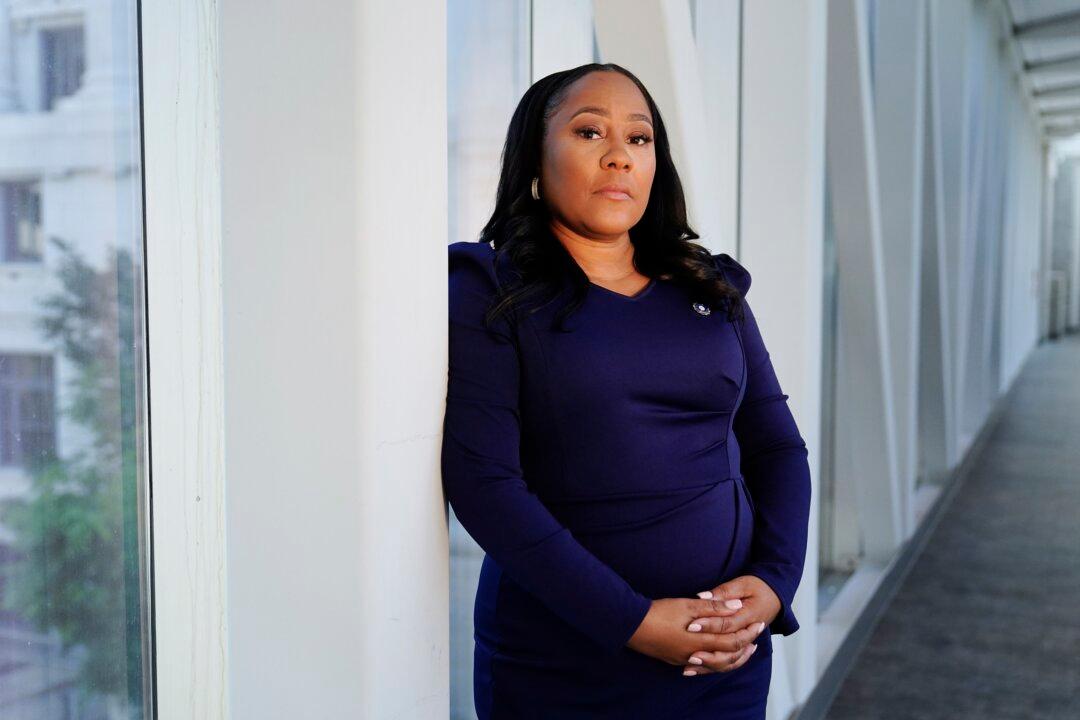The desire of the Atlanta, Georgia, district attorney prosecuting former President Donald Trump on election-related racketeering charges to try him in March of next year is not realistic given the complexities involved in the case, legal experts told The Epoch Times.
Lawyers say racketeering prosecutions can drag on for years, and pre-trial jockeying by lawyers for the prosecution and defense also eats up a lot of time.





